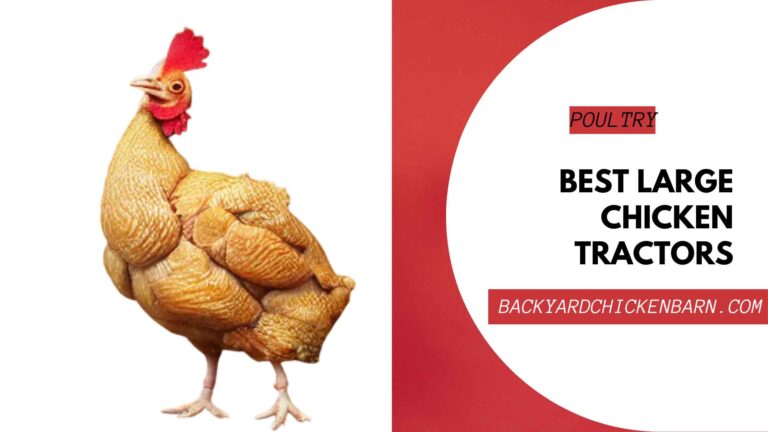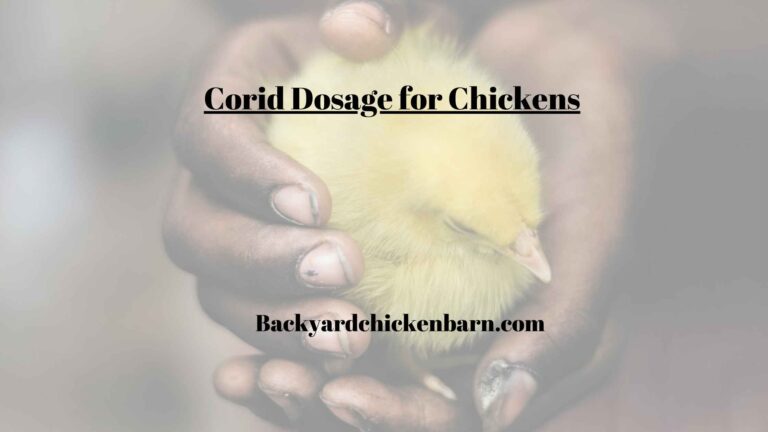Can Chickens eat Salmon?
Yes, chickens can eat salmon, and it can be a nutritious addition to their diet when fed in moderation. Salmon is rich in protein, healthy fats, and various vitamins and minerals, making it a beneficial treat for chickens. Here’s a detailed guide on the benefits, precautions, and best practices for feeding salmon to chickens.
Benefits of Salmon for Chickens
Nutritional Value
- High Protein: Salmon is an excellent source of high-quality protein, essential for muscle development, egg production, and overall health.
- Omega-3 Fatty Acids: These healthy fats support heart health, reduce inflammation, and can improve the quality of eggs.
- Vitamins and Minerals: Salmon is rich in vitamins such as B12 and D, and minerals like selenium, which are beneficial for chickens’ health.
How to Feed Salmon to Chickens
Types of Salmon
- Fresh or Cooked Salmon: Fresh, cooked salmon is ideal. Ensure it is plain without any added seasonings or oils.
- Canned Salmon: Canned salmon can also be used if it is packed in water and thoroughly drained to remove excess salt. Avoid canned salmon with added oils or spices.
Preparation Tips
- Remove Bones: Ensure that the salmon is free from bones, especially small, sharp bones that can pose a choking hazard or cause internal injuries.
- Plain and Unseasoned: Use plain salmon without any added salt, spices, or sauces.
- Flake or Chop: Break the salmon into small, manageable pieces or flakes to make it easier for chickens to eat.
Feeding Methods
- Mix with Feed: Mix a small amount of flaked salmon with their regular feed to add a protein boost.
- Scatter Method: Scatter the salmon in their run to encourage natural foraging behavior.
- Direct Feeding: Place small portions of salmon in their feeding area as a treat.
Moderation and Considerations
Moderation is Key
- Balanced Diet: While salmon is nutritious, it should only be an occasional treat. A balanced diet with formulated chicken feed should always be the primary food source.
- Risk of Mercury: Salmon can contain mercury, so it’s important to limit the amount of salmon fed to chickens to avoid potential toxicity.
Watch for Spoilage
- Freshness: Ensure the salmon is fresh and free from spoilage. Do not feed chickens old or spoiled salmon, as it can cause food poisoning.
Summary
Chickens can safely eat salmon, and it can provide a nutritious protein boost when fed in moderation. Opt for fresh or canned salmon in water, ensuring it is plain and free from bones. Always flake or chop the salmon into small pieces before feeding. By following these guidelines, you can safely incorporate salmon into your chickens’ diet as an occasional treat.
Quick Reference Guide
Benefits:
- High in protein
- Contains omega-3 fatty acids
- Rich in vitamins and minerals
Feeding Tips:
- Use plain, unseasoned salmon
- Remove all bones
- Flake or chop into small pieces
- Mix with regular feed or offer as a treat
Potential Risks:
- Risk of an imbalanced diet if overfed
- Mercury content in large quantities
- Avoid old or spoiled salmon
By incorporating salmon into your chickens’ diet in a controlled and mindful way, you can provide them with valuable nutrients that support their health and productivity.



